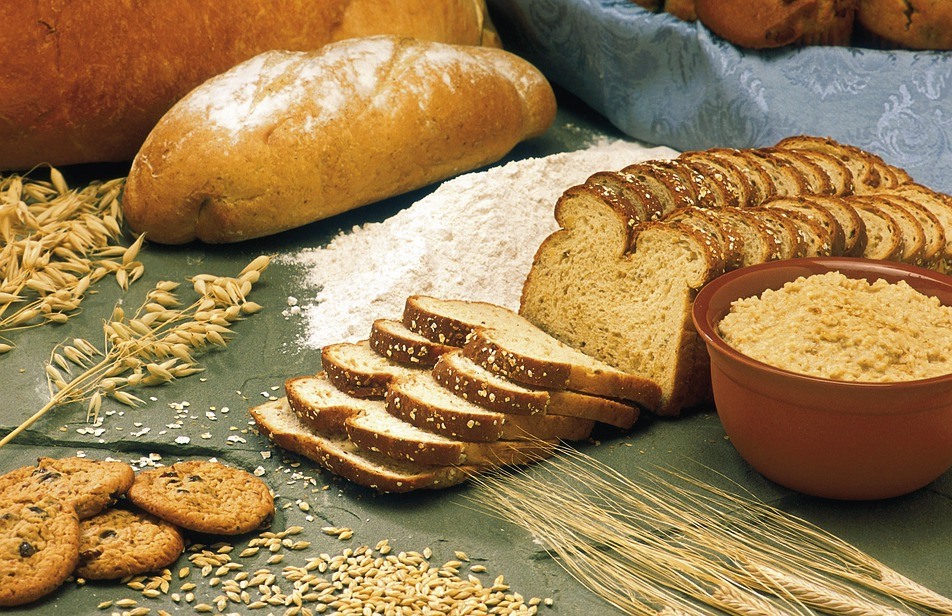Everything You Need To Know About Gluten-Free Diet
Are you considering to go on a gluten-free diet? You must have heard different discussions about the effects of gluten. Studies have shown that this family of proteins is associated with some health problems. It, therefore, means that going for a gluten-free diet will help you prevent these problems. But before that, it is important to know a number of things about gluten-free diet. Some of the things you hear about going gluten free may be misleading. Being aware of the factors will help you make a knowledgeable decision and manage your health expectations as you go for a gluten-free diet
Important things to know about gluten-free diet
The foods to avoid
 Gluten-free diet requires you to avoid numerous foods that contain gluten. Some of these include wheat, barley, rye, triticale, spelt, einkorn, cereals, pasta, bread, beer, cookies, sauces, pies, biscuits, crackers, baked foods, and pizza. Most processed foods contain gluten so you should avoid them.
Gluten-free diet requires you to avoid numerous foods that contain gluten. Some of these include wheat, barley, rye, triticale, spelt, einkorn, cereals, pasta, bread, beer, cookies, sauces, pies, biscuits, crackers, baked foods, and pizza. Most processed foods contain gluten so you should avoid them.
The foods to eat
several foods are recommended to be included in a gluten-free diet. These include fruits and vegetables, eggs, beans, nuts, seeds, legumes, meat, poultry products, most of the dairy products, seafood, fish, rice, buckwheat, flax, quinoa, soy flour, and much more.
Processed gluten-free foods
Many people, assume that all processed foods are bad, which is not true. Since most processed foods contain gluten, there are some that are gluten-free. Most of these foods are processed with refined sugars and can lead to a rise in blood sugar levels. So you have to start reading food labels when you go shopping so as to know the kind of ingredients contained in the foods you purchase. It is recommended to go for foods containing natural, gluten-free ingredients. Some of the processed gluten-free foods may contain high levels of sugars and calories, which increase risks of gaining weight.
The gluten-free diet will make you feel better
 This diet is highly recommended for people with celiac disease. The diet eases symptoms of celiac disease, including bloating, belly pain, diarrhea, fatigue, anemia, weight loss, headaches and canker sores. The diet also improves the health of people who are not suffering from celiac disease. It especially reduces mental fatigue and gastrointestinal problems.
This diet is highly recommended for people with celiac disease. The diet eases symptoms of celiac disease, including bloating, belly pain, diarrhea, fatigue, anemia, weight loss, headaches and canker sores. The diet also improves the health of people who are not suffering from celiac disease. It especially reduces mental fatigue and gastrointestinal problems.
Avoiding gluten is mostly dependent on what you eat and what you don’t eat. If you eat the recommended gluten-free foods and avoid those with gluten, you will go gluten-free and enjoy the associated health benefits. Going on a gluten-free diet requires you to be ready to choose your foods carefully.…
